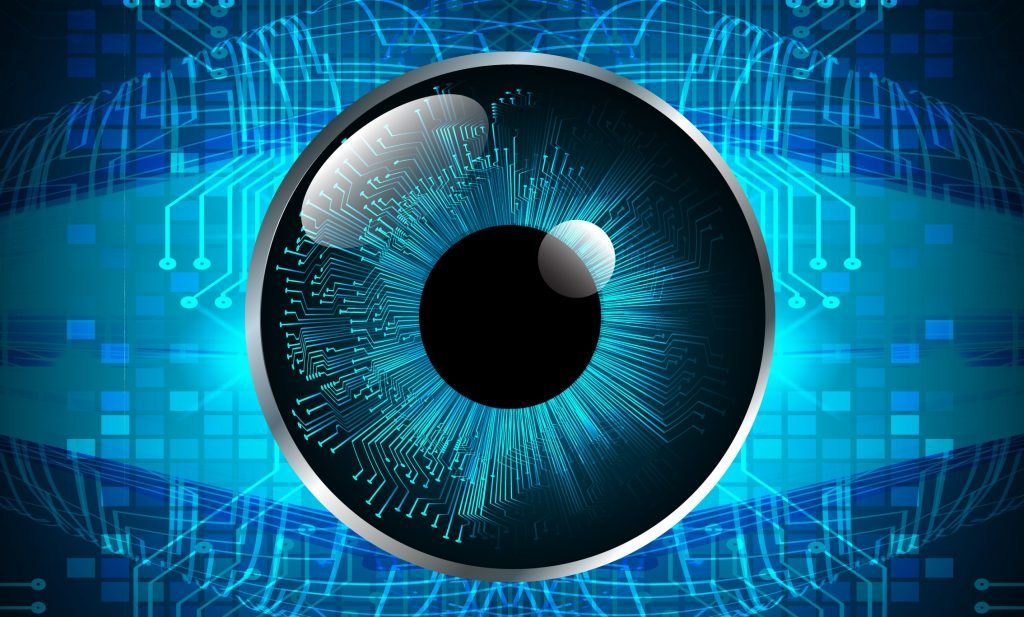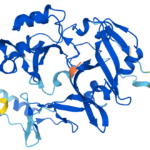The eye in the sky is getting smarter, especially in China
By Elisabeth Eaves | January 11, 2018

Authoritarian governments and leaders have always aspired to a high degree of control over citizens’ lives, but for a long time, technological limits put their dreams out of reach. Criminals and dissidents could hide in plain sight, lost in the anonymity of big cities. Human security staff could make mistakes, fall asleep, or get recruited to the other side.
Today, the merging of several cutting-edge technologies is transforming what it is possible for a government or police force to do. Facial-recognition software has been around for a while, getting more practical and accurate every year. But simply recognizing a face isn’t much use when you don’t know anything about its owner. Now Washington Post China Bureau Chief Simon Denyer reports on an ambitious Chinese plan called “Sharp Eyes.” It integrates facial recognition technology with an existing network of security cameras to create a single nationwide surveillance platform, ultimately linking up to “a vast database of information on every citizen, a ‘Police Cloud’ that aims to scoop up such data as criminal and medical records, travel bookings, online purchase and even social media comments — and link it to everyone’s identity card and face.”
To be sure, the United States, Russia, and many other countries are also incorporating facial-recognition software into security cameras. And in fact, the United States has a higher per capita penetration rate of surveillance cameras than China, with about 62 million in 2016.
What appears to differentiate China are its goals. In addition to chasing criminals, it aims to use its surveillance system to track social activists, dissidents, and even monitor entire ethnic groups, such as the Uighur Muslims of Xinjiang province. A researcher at Human Rights Watch told the Post that what sets China apart is “‘a complete lack of effective privacy protections,’ combined with a system that is explicitly designed to target individuals seen as ‘politically threatening.’”
Publication Name: The Washington Post
To read what we're reading, click here
Together, we make the world safer.
The Bulletin elevates expert voices above the noise. But as an independent nonprofit organization, our operations depend on the support of readers like you. Help us continue to deliver quality journalism that holds leaders accountable. Your support of our work at any level is important. In return, we promise our coverage will be understandable, influential, vigilant, solution-oriented, and fair-minded. Together we can make a difference.















